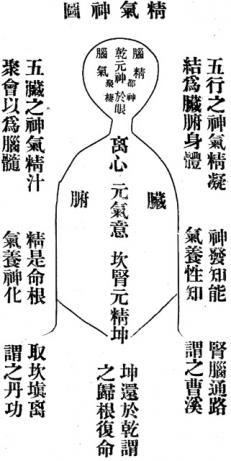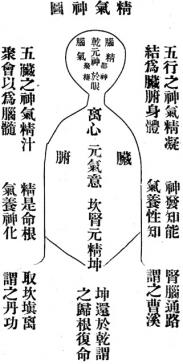In the late nineteenth century, when Western knowledge was systematically introduced to China, the majority of disciplines were already well-defined in the West, such as geography, physics, etc. However, this was not the case for psychology, the knowledge boundary of which was still blurry and subject to tremendous changes in the following years. This project examines how Chinese institutions and individuals coped with the discipline of psychology which was still highly fluid and contested. As psychology grew in China, the government and local groups faced conflicting models of what psychology or “the study of the principles of the mind” (Xinli xue 心 理學) consisted of as a field, what in it was valuable for their particular agendas, and how to cope with discrepant assessments.

Jingshen zhexue tongbian 精神哲學通編, National Library of Korea (the image is classified category 1 in Korean Open Government License, “indicating source.”).
When the Qing and Republican governments installed psychology as a pedagogical part of middle school curricula and adopted it as a legitimate field in universities, they could not monopolize what psychology entailed. Following nineteenth-century American seminaries, Anglican missionaries in China taught psychology as part of their missionary school curriculum, aiming to strengthen students’ mental hygiene and improve critical thinking. Groups of Daoist practitioners such as the Society of Spiritual Philosophy (Jingshen zhexue she 精神哲學社) integrated psychological knowledge with their meditation practices. Mirroring the London Society for Psychical Research, the Shanghai Spiritualist Society (Shanghai lingxue hui 上海靈學會) was established, which was dedicated to practicing and studying spiritual writing (Fuji 扶乩). They deemed themselves to be part of psychology and contributed to the development and localization of it. They envisioned a different future of psychology where the mental force could contribute to the welfare of the society.

